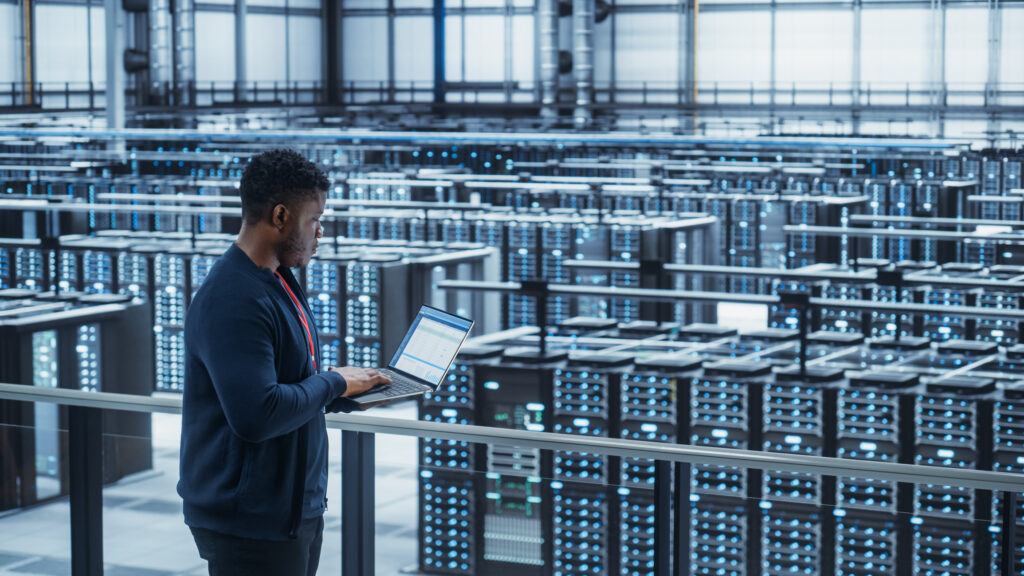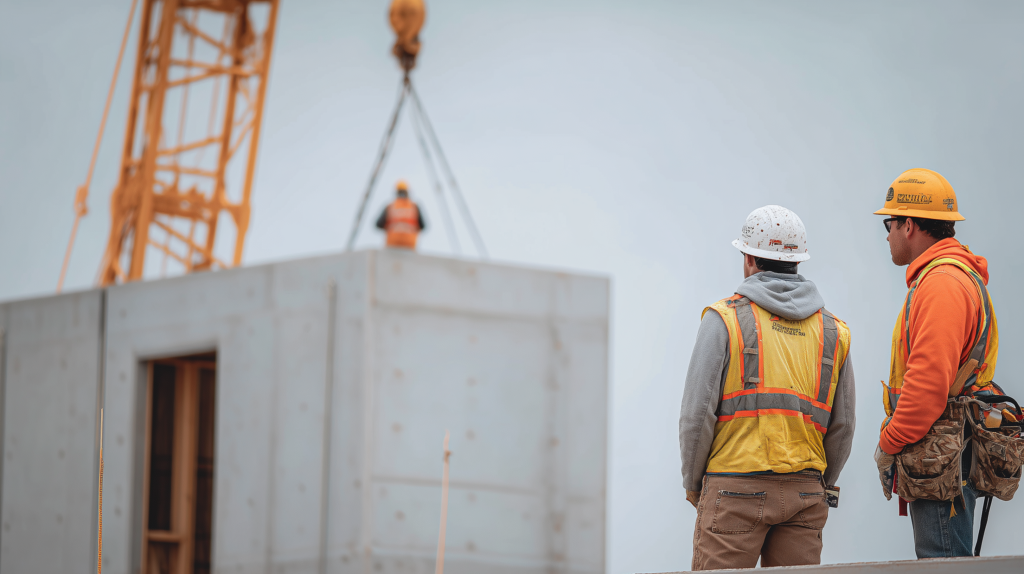Our Goal
Helping data centers and AI drive the U.S. economy forward
We educate state and local legislators about the advantages of data centers and AI, focusing on their contributions to economic growth, tax income, and the cultivation of tech talent. Additionally, we support state tax and energy policies that cater to the specific requirements of hyperscale data centers and AI to benefit the U.S. economy.
We educate state and local lawmakers about the benefits of data centers and AI, in terms of economic activity, tax revenue, and tech workforce development. And we advocate for state tax and energy policies that support the unique needs of hyperscale data centers and AI for America.
American AI
Hyperscale data centers drive the local economy, increase tax revenue, propel renewable energy and broadband expansion.
Spur Economic Development
Driving Jobs, Growth, and Economic Prosperity Across America.
A hyperscale data center is typically a billion dollar investment, larger than smaller co-location data centers. This kind of investment can drive 1,200 construction jobs and upwards of $500 million to the local economy during construction.
Once built, each site supports over 100 direct employees, 300 additional jobs in security and maintenance, and $200 million in local economic activity.
Learn more about the potential impact of hyperscale data centers on jobs and communities nationwide through a 2017 report by the US Chamber of Commerce here.
Boost Tax
Revenue
Strengthening Local Economies Through Tax Revenue.
A hyperscale data center could create almost 20 million dollars in annual revenue for the state and localities due to: income taxes paid by employees and contractors, corporate income taxes from data center operators & contractors, sales taxes on non-exempt equipment and supplies, lodging taxes for visits by contractors and workers, sales taxes on business services, and local real estate & personal property taxes.
Read more about that about the potential tax revenue new hyperscale data centers could bring through a 2020 report by Mangum Economics here.
Advance Renewable Energy
Powering Innovation with Clean Energy.
Facebook and Google are committed to using clean or renewable energy in their hyperscale data centers.
Nuclear power and natural gas are providing clean power for AI. Wind and solar augment baseload power when available. Renewable generation projects produce over seven billion kilowatt-hours of electricity from wind farms, solar photovoltaic panels, and waste conversion.
Drive Broadband Connectivity
Expanding Connectivity Across America.
Hyperscale data centers are linked to high-capacity fiber networks that span America, typically following interstate highways. We expand these networks by building broadband infrastructure that benefits schools, colleges, healthcare facilities, and other institutions. In states like North Carolina and New Mexico, Meta has introduced high-speed internet to five counties through a new fiber route. Similarly, Microsoft’s Airband Initiative collaborates with various broadband providers to extend high-speed internet access to rural areas of the U.S.







